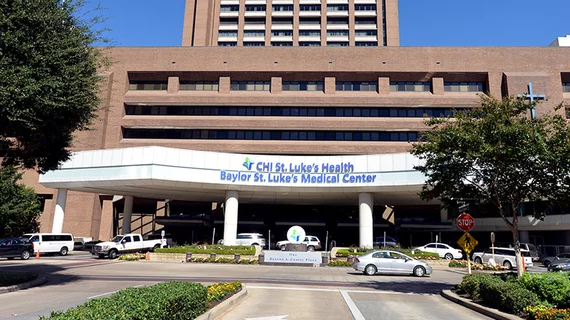St. Luke’s in Houston suspends heart transplant program after patient deaths
Baylor St. Luke’s Medical Center in Houston has temporarily suspended its heart transplant program, two weeks after a joint investigation by the Houston Chronicle and ProPublica detailed its poor performance.
The 14-day inactive status announced June 1 will only affect heart transplants—not other heart failure procedures or other transplant programs at the hospital—according to a notice on St. Luke’s website.
"We greatly respect and value the trust patients and their families have placed in us over the years, and believe this temporary pause will serve their best interests," Doug Lawson, CEO of Catholic Health Initiatives Texas Division, which operates St. Luke’s, said in a written statement published by the Chronicle. "Although extensive reviews are conducted on each unsuccessful transplant, the recent patient outcomes deserve an in-depth review before we move forward with the program. Our prayers are with the families, as well as all those on the waiting list."
Three patients have died since March 23 within months of receiving a new heart, continuing a trend of poor outcomes. In their original story, ProPublica and the Houston Chronicle found patients receiving a heart transplant from St. Luke’s had markedly lower one-year survival rates than the national average, as well as longer waitlist times and hospital stays following the operations. Meanwhile, the center continued to market its program as one of the best in the country.
Read more on the suspension below:

